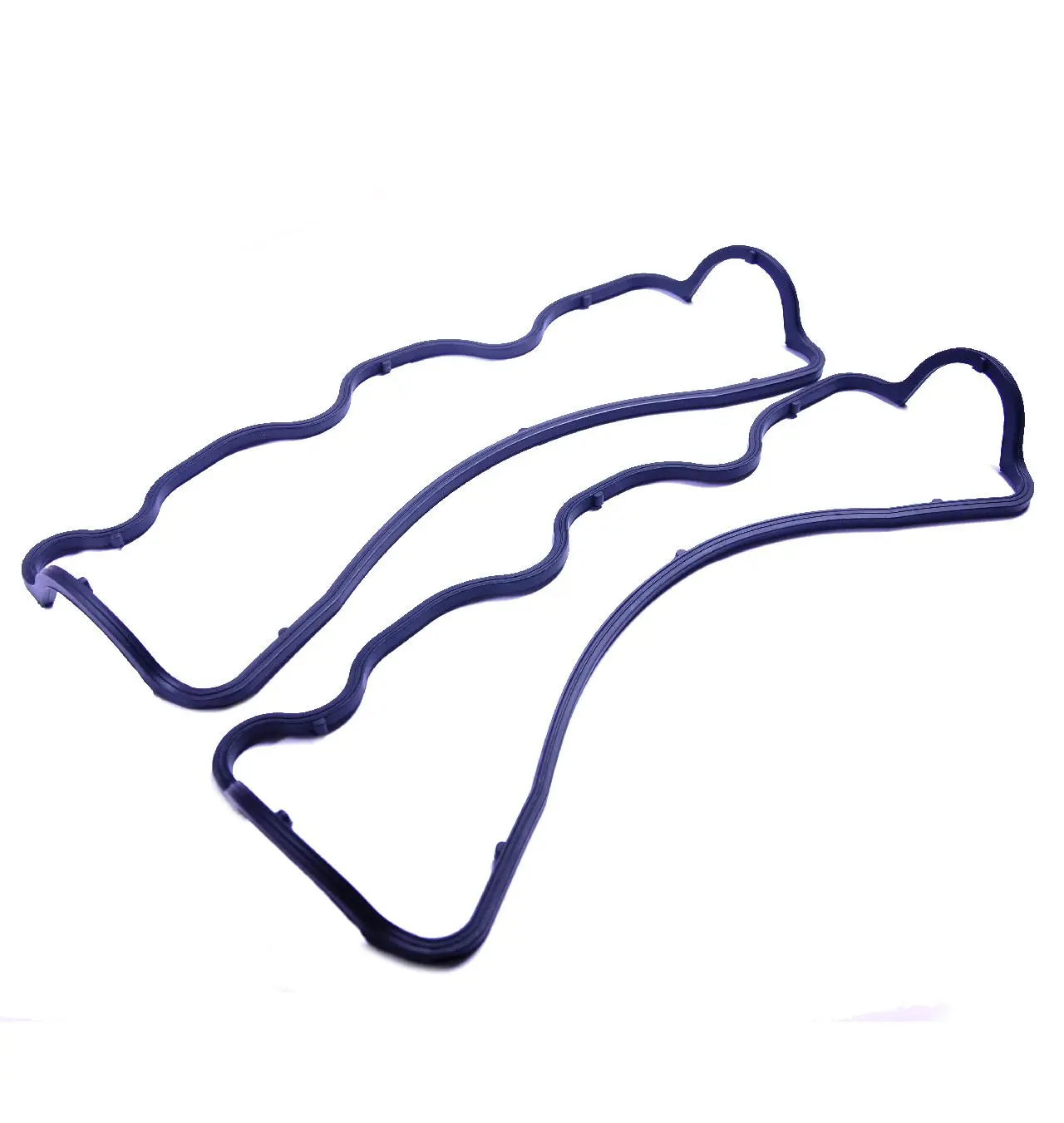10 月 . 14, 2024 08:16 Back to list
High Temperature Resistant Oil Seals for Enhanced Durability and Performance in Extreme Conditions
Understanding High Temperature Oil Seals Importance, Types, and Applications
High temperature oil seals are essential components in various industrial applications, especially in environments that experience elevated temperatures and aggressive lubricants. These seals play a crucial role in preventing the leakage of oil and other fluids while maintaining operational efficiency. This article explores the importance of high temperature oil seals, the types available, and their applications across different sectors.
Importance of High Temperature Oil Seals
The primary function of oil seals is to contain lubricants in mechanical systems, which is critical for reducing friction, providing lubrication, and preventing wear and tear of moving parts. In high-temperature conditions, these seals face unique challenges, including increased thermal expansion, material degradation, and changes in fluid viscosity. High temperature oil seals are specifically designed to withstand these demanding environments, ensuring effective sealing performance while extending the lifespan of machinery.
One of the key reasons to use high temperature oil seals is their role in enhancing operational efficiency. By preventing leaks, these seals help maintain optimal lubricant levels, which is essential for smooth machinery operation. Furthermore, reducing the risk of contamination from external substances protects the integrity of the lubricant and the components it serves, ultimately leading to lower maintenance costs and increased productivity.
Types of High Temperature Oil Seals
High temperature oil seals can be categorized based on their material composition, design, and construction. The most common materials used in the manufacturing of these seals include
1. Fluoroelastomers (FKM) Known for their excellent resistance to heat and chemicals, fluoroelastomers are commonly used in high-performance applications. Their ability to maintain flexibility and sealing integrity at elevated temperatures makes them a popular choice in the automotive and aerospace industries.
2. Polyurethane (PU) Polyurethane oil seals offer good resistance to wear and high temperatures. They are often utilized in applications where dynamic sealing is required, such as in hydraulic systems.
3. Silicone Rubber Silicone rubber seals are known for their outstanding heat resistance and can perform effectively in temperatures exceeding 200°C (392°F). These seals are ideal for food processing and pharmaceutical industries where hygiene and temperature control are paramount.
high temperature oil seal

4. Metallic Seals For extreme conditions, metallic seals made from materials such as stainless steel may be employed. They are capable of withstanding very high temperatures and pressures, making them suitable for heavy industrial applications like oil refineries and power plants.
Applications of High Temperature Oil Seals
High temperature oil seals find applications across various industries, including
- Automotive In engines, transmissions, and differential systems where high operating temperatures and pressures are common, these seals prevent oil leaks and ensure optimal performance.
- Aerospace Aircraft engines and hydraulic systems benefit from high temperature oil seals that can withstand harsh environments and maintain functionality under extreme conditions.
- Manufacturing In industrial machinery and equipment, high temperature oil seals are integral to operational reliability, preventing fluid leaks and enhancing machine durability.
- Marine In marine applications where exposure to saltwater and high temperatures is prevalent, high temperature oil seals protect critical components, ensuring longevity and reliability.
Conclusion
High temperature oil seals are vital in maintaining the efficiency and longevity of machinery that operates in harsh environments. Their unique designs and material compositions allow them to withstand elevated temperatures and aggressive lubricants while preventing leaks and contamination. As industries continue to evolve, the demand for reliable sealing solutions will only increase, making high temperature oil seals an indispensable component in modern engineering applications. Understanding their functionality, types, and applications is essential for engineers and maintenance professionals striving to ensure optimal performance in their operations.